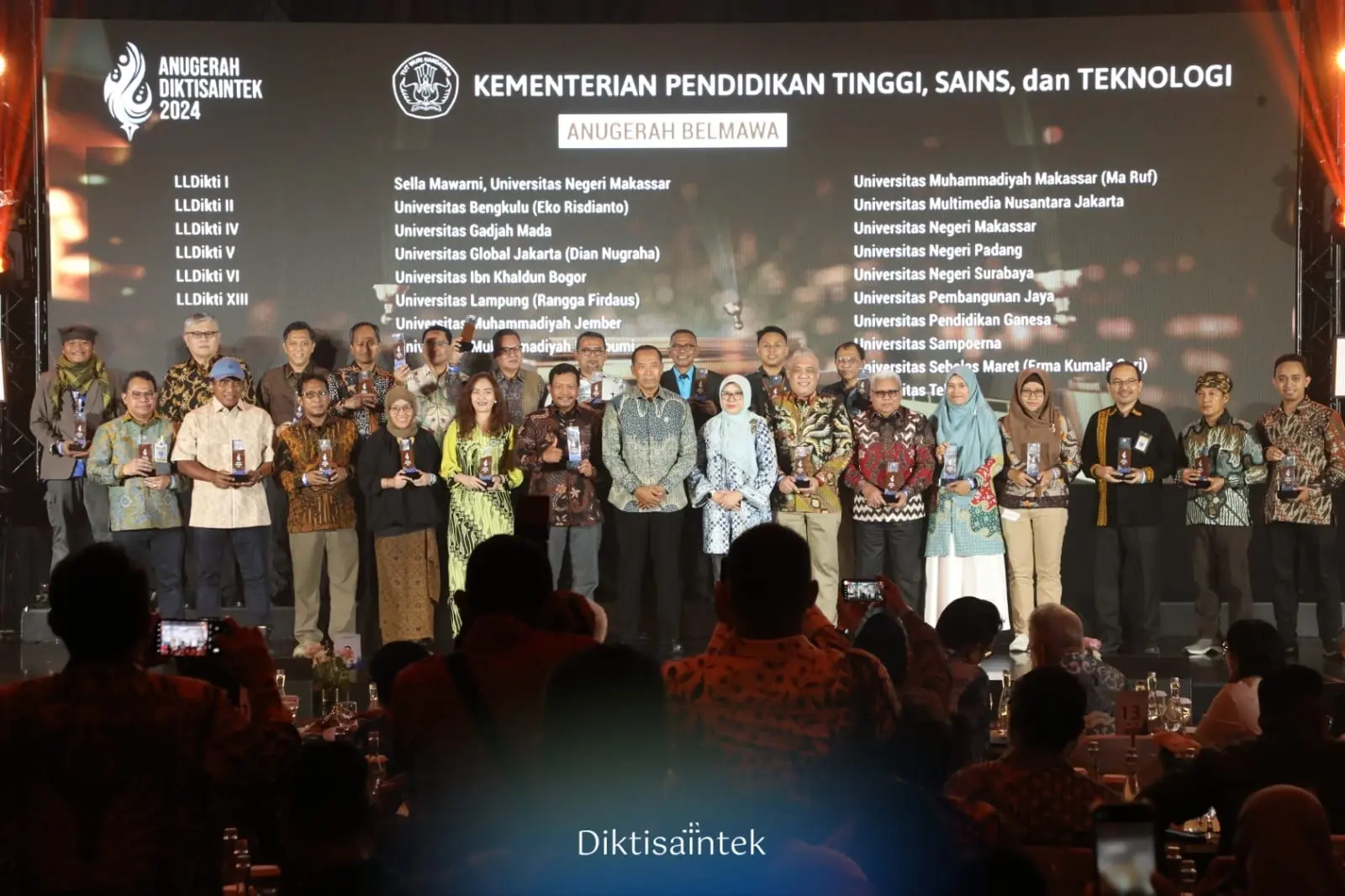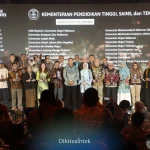03 Nov 2023
What is A Virtual Hackathon? All You Need to Know
Articles,
News & Events Faculty of Engineering & Technology,
A virtual hackathon is an online event where people from all over the world may cooperate on problems and create innovative solutions. These activities usually last a weekend or more, and participants are urged to collaborate to create something new and intriguing.
A virtual hackathon, instead of regular hackathons hosted in real locations, takes place entirely online. Participants create groups, brainstorm ideas, and collaborate to design and develop projects, including software, apps, hardware, or other technical advancements. These competitions typically include coding, design, problem-solving, and presenting skills. Participants connect, share progress, and receive mentorship or support from sponsors or experienced experts via video conferencing, online collaboration tools, and specialized platforms.
Virtual hackathons allow you to interact with a global community while also promoting networking opportunities, learning experiences, and the opportunity to demonstrate your skills and creativity from the comfort of your own home. They offer an excellent opportunity for undergraduate students to apply classroom knowledge to real-world challenges, gain practical experience, and develop their professional network in the computer industry.
How to Run a Virtual Hackathon?
To ensure the success of a virtual hackathon, several crucial actions must be taken. To begin, create the event’s subject or issue statement, considering the challenges participants will face or the project they will collaborate on. Create a precise calendar defining the duration of the hackathon, including keynote speakers, workshops, and submission deadlines.
Then, choose a platform or software that makes team formation, communication, and project submission easier. To attract participation:
- Promote the event widely on social media, student networks, and tech communities.
- Obtain sponsorships or partnerships to offer the winners resources, mentorship, and rewards.
- Organize mentorship sessions or workshops to help participants navigate the event and handle any queries or technical challenges they may have.
- Ensure a support mechanism for troubleshooting and assistance during the hackathon.
Set up a fair judgment process in which judges analyze and choose winners based on predetermined criteria. Celebrate the accomplishments, showcase the projects, and provide opportunities for participants to share their work, network, and learn from one another’s experiences after the event. To stimulate innovation and collaboration among college students, a virtual hackathon requires precise planning, clear communication, and a friendly environment.
Benefits of Hosting a Virtual Hackathon

Hosting a virtual hackathon has various advantages for both organizers and participants, particularly in a college setting. Here are some significant benefits:
1. Enhanced Flexibility
Participants can attend from the comfort of their homes, promoting flexibility in managing time and fitting varied schedules, making it more accessible to college students with varying responsibilities.
2. Global Accessibility
Virtual hackathons cross geographical barriers, allowing participants from many time zones and areas to participate. This worldwide reach enables a more diverse pool of skills and perspectives.
3. Skill Development and Learning
Hackathons enable participants to improve their technical and soft abilities by providing a hands-on learning environment. This primarily benefits college students who receive practical experience and can apply classroom information to real-world problems.
4. Cost-Effectiveness
Virtual hackathons are less expensive to conduct because there is no need for a physical venue, accompanying logistics, or travel fees. This is especially beneficial for college organizers on a tight budget.
5. Community Engagement
Hosting a virtual hackathon encourages participants to feel a sense of community and teamwork. They can learn from one another, share ideas, and foster a friendly environment for IT enthusiasts.
6. Increased Networking Opportunities
Participants can network with sponsors, mentors, and peers via online platforms. This broadens their professional network, which could lead to internships, career prospects, or collaborative initiatives.
7. Sponsor Engagement
Virtual hackathons allow sponsors to interact with a tech-savvy audience and explore possible talent or new ideas.
8. Showcasing Talent and Projects
Participants will have the opportunity to display their talent and projects to a bigger audience. This exposure is critical for recognition, portfolio development, and attracting investors or prospective partners.
9. Innovative Solutions
These events frequently result in innovative solutions to challenges within a restricted time frame, demonstrating participants’ ingenuity and problem-solving talents. This can also lead to prospective entrepreneurial ventures or real-world solutions.
A virtual hackathon provides a dynamic platform for stimulating creativity, learning, cooperation, and invention, making it a valuable experience for college students and the broader IT community.
Faculty of Engineering and Technology Sampoerna University
Sampoerna University is a fully accredited university in Indonesia that offers the best choice for those seeking excellent international education. Sampoerna University is a private, non-denominational, non-profit university licensed and certified by the Republic of Indonesia’s Ministry of Education, Culture, Research, and Technology. Formed according to national and international standards, Sampoerna University is qualified to contribute to society through education substantially.
The Faculty of Engineering and Technology (FET) at Sampoerna University committed to building STEAM (Science, Technology, Engineering, Arts, and Math) competence. Our approach fosters adaptability, collaboration, creativity, and strong communication skills. According to industry experts, our policy makes our graduates the most competitive in Indonesia.
Faculty of Engineering and Technology offers the following degree program:
Industrial Engineering, Mechanical Engineering, Visual Communication Design, Computer Science, and Information Systems.
The curriculum offered by FET at Sampoerna University has been developed to meet national requirements and exceed them. In partnership with leading American universities, students can complete a double degree (engineering) or degree supplements (computer science and creative digital design). All students graduate from FET with both national degrees and American credentials.
9 of 10 graduates get employed three months after graduation*. Immediately register to participate in the new student admissions process for the 2023-2024 year here. Our Admission Team will contact you soon to provide more detailed information.
Schedule with us whenever you want to visit campus tours on-site or virtual!
*Based on graduating cohort 2020-2022





